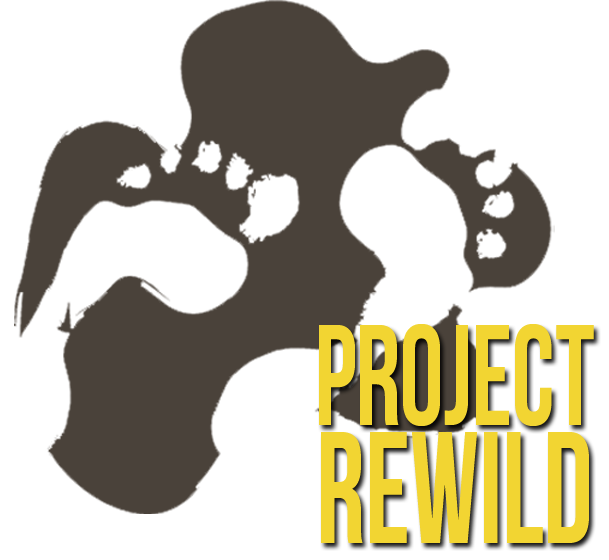The Rewilder
Featured in Hastings Independent Press, Subculture Vulture
As I speak with Luke Funnell over an evening Zoom call, I am gripped by his passion for reintroducing people to nature. Rewilding is a term often used to describe the reintroduction of plant and animal species to their natural habitats. But for Luke and his team at Project Rewild, the focus is on people and their reconnection with the natural world. Human beings are, after all, a species of nature. “We’ve got to the point where it’s hard for people to even feel they’re a part of the natural world,” Luke explains. This disconnection, he believes, is at the root of our destruction of our communities and our environment. It makes sense. If children grow up learning about nature from books and videos, rather than learning in nature itself, they are likely to feel separate from it and therefore unable to feel the gravity of the threat against it. Nor will they have the knowledge of how to help it in a time of crisis.
The current pandemic and recent global effects of climate change have highlighted the systems that have failed us as a society. Rewilding is a subculture that may well provide alternative lifestyle choices that prioritise sustainability and community. Luke certainly thinks so. He has witnessed the hugely positive impact of placing children in beautiful natural spaces and allowing them the time and space to learn. For kids who struggle within the standard school system, this can be life-changing.
Luke cut his teeth as a Hastings youth worker and quickly realised that many of the systems put in place to help children and teenagers in care are far from adequate. The courses in bushcraft, shamanic teachings and forest schooling that he went on to study were excellent but inaccessible to those without a disposable income, a fact he found frustrating as someone who grew up on a council estate in Hollington. It solidified his aim to provide an alternative education to everyone, regardless of income.
“This needs to be everywhere, this needs to get into all our communities, this high level of understanding and connection to nature.” Project Rewild offers free courses and alternative spaces of learning to those who have decided not to return their children into the school system after lockdown.
It’s hard for people to feel they are part of the natural world
Luke Funnell
The ‘new normal’ may well see education evolving into more inclusive, less restrictive forms as subcultural methods find their way into the wider, post-Covid world. During the national lockdown period, families were forced to slow down and spend more time in each other’s company. When they did venture out, it wasn’t to shops or cinemas, it was into the numerous natural spaces in and around our town. Different ways of living have been embraced, perhaps never to be lost again. This is Luke’s hope as we start to “get back to normal”.
“How do we educate our children? What do they really need to learn? A lot of that is an understanding and connection with nature and themselves” he continues. This thinking is at the heart of his new alternative education group enticingly named Wildlings School of Woodcraft and Wiccary, aimed at children who are not in the school system for a variety of reasons. The increase in parents choosing to home school their children in East Sussex over the last two years may be a sign that parents were already feeling discontent with the state of schools. Time will tell if concerns of Covid-19 and added restrictions in schools will push more parents, and their children, into the schools of the forests and beyond.
To read the article on the Hastings Indepenent Press site visit: Hastings Independent Press - Subculture Vulture

